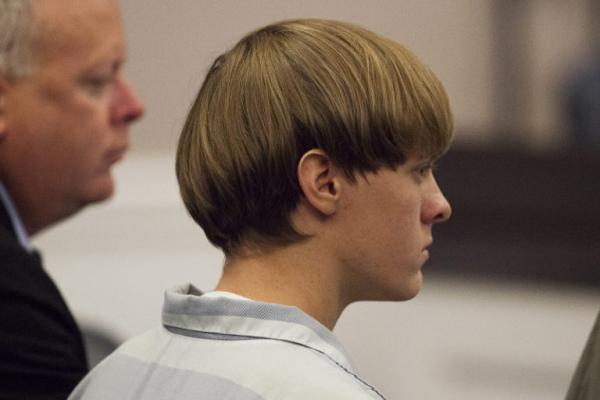Dec 8, 2016
Around them, the air cracked with gunfire, Sanders told a jury on Dec. 7.
“There was so many shots,” Sanders testified in the federal government’s case against Dylann Roof, on trial for killing nine congregants at Emanuel African Methodist Episcopal Church in June 2015. “There was so many shots.”
Read the Full Article

Already a subscriber? Login
